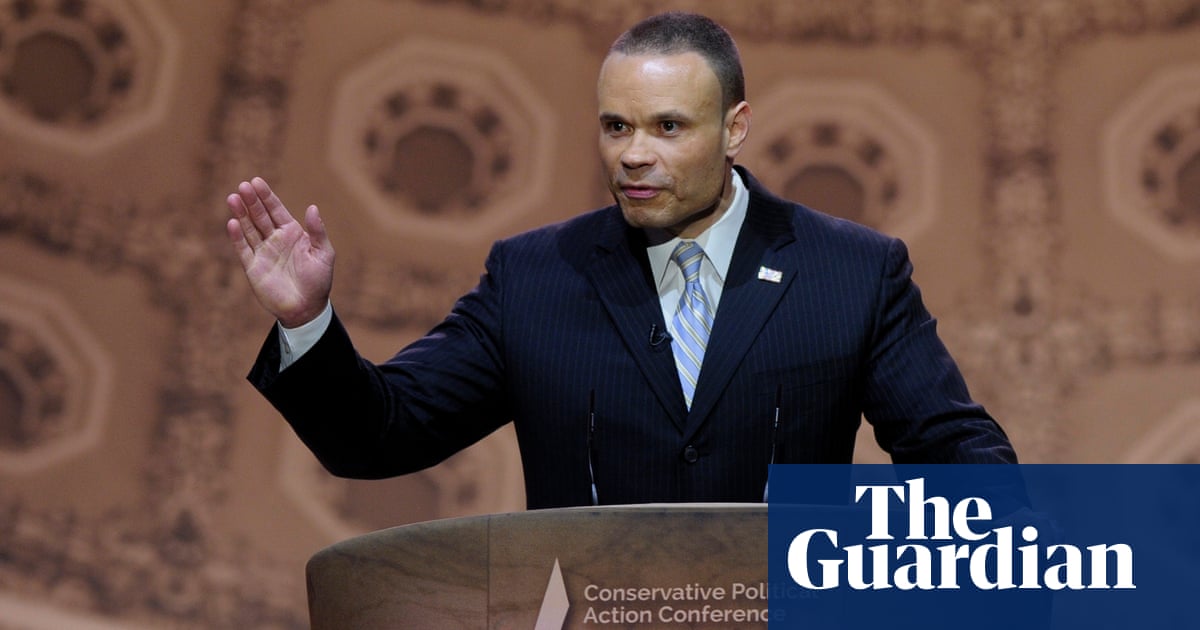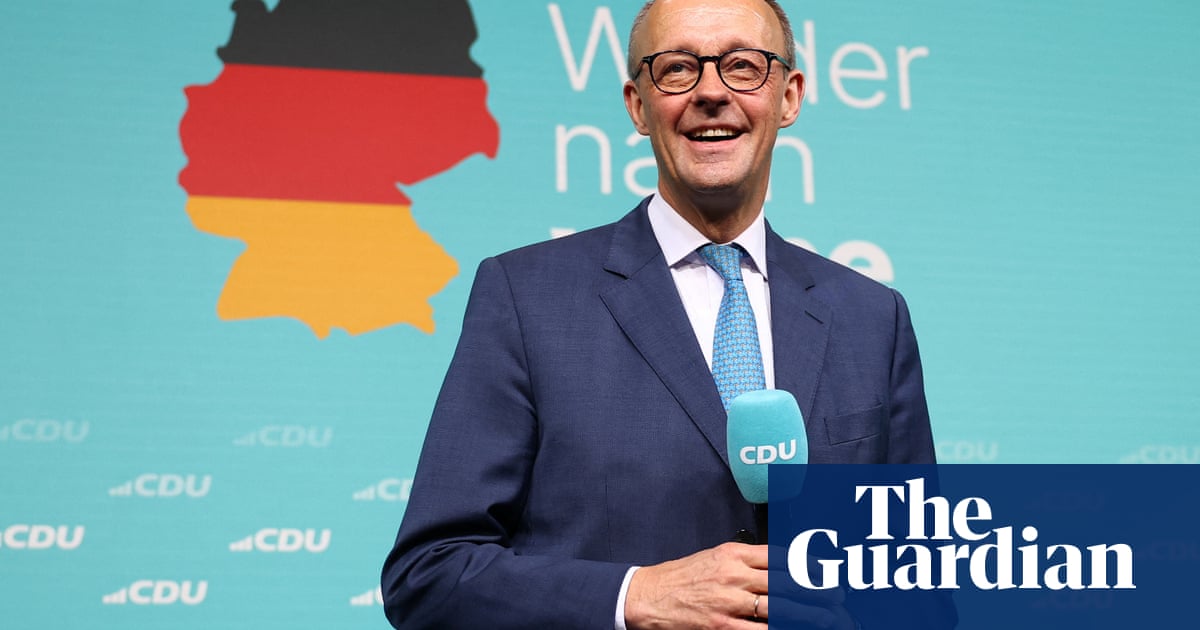Now he’s retired from casting millions of people into poverty, George Osborne has become another flaunting, flamboyant example of a fast-growing phenomenon: the wealth he was born with sticks to him and accumulates.
A “windfall” for Osborne, says the Financial Times. He took a share of the £70m profits last week as partner in a boutique financial advisory firm. But windfall isn’t quite the word. It’s more like a salary, though less taxable: he took his share of £28m last year, £26.5m the year before and so on, alongside a string of other finance jobs, including cryptocurrency.
The social heft of inherited wealth accelerates the great divide between those with some and those with none. Over the next 30 years, an unprecedented avalanche of £5.5tn will land in the laps of those who have chosen their parents wisely. The inheritocracy is ascending into the stratosphere: asset-rich parents are buying homes and advantage for their children and their children’s children, securing ever-rising privilege. Those born in the 1980s are on average due inheritances worth twice as much as those born in the 1960s. Parental income and wealth is a stronger predictor of someone’s lifetime earnings and wealth than in generations before. Inheritance is becoming an obstacle to social mobility.
No politician concerned about inequality, fair opportunities or financing the public realm can ignore wealth any longer. While wages have stagnated for 16 years, wealth has accelerated. Traditionally, policymakers have focused on fairness of incomes. But today, the possession of wealth is proving the greater distortion, with so much of it in effect untaxed. The mantra for a long time was that wealth taxes don’t work. But that can no longer be the answer. In a recent paper for the Institute for Public Policy Research, Tom Clark lays out the reasons why, showing how much faster the value of wealth has grown compared with the value of work.
Rachel Reeves did make some moves in this direction in her recent budget, adding inheritance tax to inherited pension pots, raising some capital gains tax, taxing non-doms and increasing tax on inherited businesses and farms. That caused the kind of brouhaha that has always frightened politicians away from taxing wealth. The question is whether this government and chancellor can keep going after wealth, to provide an essential source for public funds and would be fairer than further penalising workers on average incomes.
Keir Starmer relaunches his missions this week, pinpointing his key goals. But what he won’t say is that the money available after next year equates to only 1.3% more than now, which would force spending cuts to departments outside defence, education and the NHS. Impossibilism is in the air again: the chancellor told the Confederation of British Industry she would not be back for more tax rises or borrowing, but her team say she only meant not returning for such a huge tax-raising budget again. Starmer will be recommitting to boosting living standards, getting 75% of children “school ready” by age five, building 1.5m homes, decarbonising electricity and returning NHS waiting lists to 2010 levels, with 92% of operations done within 18 weeks. This should sharpen Reeves’s focus on raising revenue.
In her budget, Reeves earmarked about £22bn for the NHS’s day-to-day spending, but this funding has been front-loaded to give the health service 3.8% for two years, which is still only its lifelong average. How can it plunge to 1.3% afterwards? A failure to bring down waiting list times – always the most potent political emblem – means failure for Labour. In all probability, even for the health secretary, Wes Streeting, elective waiting lists really aren’t the most important thing for Britain’s long-term health. He wants reforms that divert funds out of hospitals into communities, to focus on sickness rather than just treating it. Without more money, though, unable to do both things at once, he may be driven to focus everything on this one bleak measurement – lists, lists, lists.
If Labour wants to achieve things in power, it’s clear it needs more money. Wealth is the place to look. At the heart of the wealth explosion is always property, which is where wealth inflates. Last year, Starmer said that he wants house prices to fall relative to incomes: a good starting point would be a proper tax on land, which would stop people from seeing it as a tax shelter. Labour could start with council tax. Everyone knows this needs to be reformed so the wealthiest homes pay the most council tax, not the not least. Take Buckingham Palace, for example, the council tax of which is a mere £1,824 a year. Bravo to Jonathan Brash, new Labour MP for Hartlepool, whose all-party group now campaigns for reform.
The Tory manifesto shamelessly proposed a Family Home Tax Guarantee, pledging not to change council tax. Those “levellers-up” ignore how council tax bills would fall by 20% in the north and Midlands, while 24% of all households in the bottom half would gain £200 a year if council tax were made proportional to up-to-date property values. But try to touch the rich and we know exactly what happens. The top 10% of people who are due to lose the most would shelter behind a tiny number of exceptional hard-luck cases: you can bet that a cash-poor little old lady in a big house would be giving interviews to the BBC every day, just as mega-rich landowners resisting inheritance tax recently hid behind a handful of small farmers.
Once it had reformed council tax, Labour should dare to charge capital gains tax on everyone selling their primary residence. Treating bricks and mortar like ordinary purchases would stop the “property ladder” being a tax-free nest egg where savings are invested unproductively. Can you imagine the outrage? Seriously taxing wealth would require Labour to tell the true story of what has happened and how much worse it will get. “Tax wealth, not work” is a good message, if Labour tells that with a fiery, class-war radicalism so that people understand. Can it be done? I don’t know, but few think it’s acceptable for the top 1% to own so much of Britain’s wealth. If it’s politically impossible, we’re done for. Osborne makes as good an exemplar as any to challenge greed and to tax wealth and inheritance before it consumes us.
-
Polly Toynbee is a Guardian columnist

 2 months ago
45
2 months ago
45













































